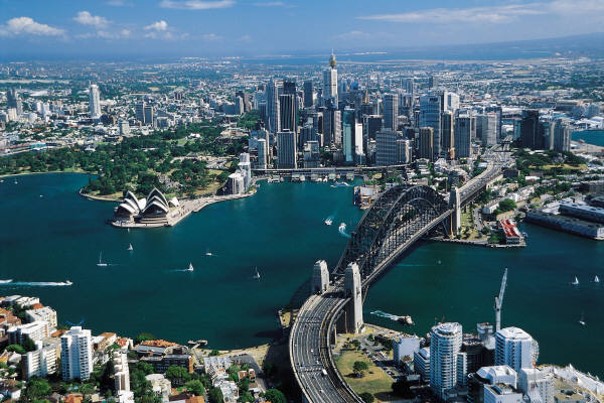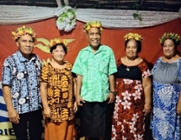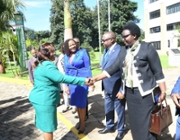Sustainable urbanisation: onwards and upwards

17 August 2020
At two-thirds of the way through this important series of online events about Sustainable Urbanisation, audience figures have already reached over 3000, with particpants from some 40 countries.
The programme is the collaborative effort of several organisations to highlight the issues around rapid urbanisation. With nearly 50% of the projected increase in the world’s urban population to 2050 forecast to be in the Commonwealth, there has never been a more important time for members of the Commonwealth to come together to tackle the challenges of climate change and rapid urbanisation; challenges which have now been compounded by the effects of the COVID-19 pandemic.
Call for action
Through a series of webinars, the online programme is seeking to promote a Call to Action on sustainable urbanisation in the Commonwealth, featuring sessions about building capacity and capability; empowerment, governance, and leadership; increasing urban resilience; leveraging partnerships; unlocking finance and trade.
The common themes emerging very forcibly from all the sessions are the recognition of the importance, urgency and scale of the issues; and the potential for the Commonwealth to serve as a convening force. It is also very clear of the need to develop an effective inter-disciplinary, cross-sectoral partnership. The need to approach goals, such as fixing the economy post COVID-19, achieving the SDGs or building inclusive functioning citie, in an integrated way has never been more important.
City leadership is crucial
The role of city leadership is seen as crucial in rebuilding better communities for all citizens through greater engagement; together with involving young people in decision-making in a meaningful way. More effective rapid planning tools to deal with rapid urbanisation are needed, as well as planning assessments and strategic planning. A territorial approach to sustainable urbanisation is required, including surrounding towns and rural areas and communities being viewed as one cohesive and inter-dependent whole.
Local means global economic recovery
Local Economic Development (LED) and local economic resilience are deemed critical for sustainable urbanisation, with the emphasis on local. Taking practical steps to ensure local economies are inclusive and support/incubate small and medium-sized businesses, women-led businesses, and entrepreneurs is important with women having been disproportionately affected by the impact of Covid-19; LED must be seen as integral to national economic development plans and strategies. As 61% of all employment globally is informal, there must be effective integration between formal and informal. Better data and a good understanding of local economies will allow cities to more effectively support and enable LED with the objective of leaving no one behind.
Healthy, safe cities, with access to public transport, and basic services such as waste, energy, sanitation and water are all key functions of the city which support and enable economic development and make cities and towns places where business wants to invest. It is important to build meaningful partnerships between all actors in the city to support local economic development, including the private sector.
Next steps
The series will be concluded on 2 Spetember with a discussion around the way forward: Towards a Call to Action, Next Steps and Programme Close. One of the topics for discussion will certainly be the potential the Commonwealth has to serve as a convening force, working at a policy level, but also mobilising the necessary multi-level, inter-disciplinary, cross-sectoral collaboration required to achieve sustainable urbanisation. Use this link to register for a place.
Remaining sessions include Climate Responsive Design; and two sessions (24 and 28 August) on Small Island Developing States. Information on how to register for these, and the final closing event can be found on the events website.
CLGF is working with partner organisations: the Association of Commonwealth Universities, the Commonwealth Association of Architects, and the Commonwealth Association of Planners; with support from The Prince’s Foundation, the Rwandan Ministry of Infrastructure, the Rwandan Ministry of Local Government and the Commonwealth Engineers.
Back to News





